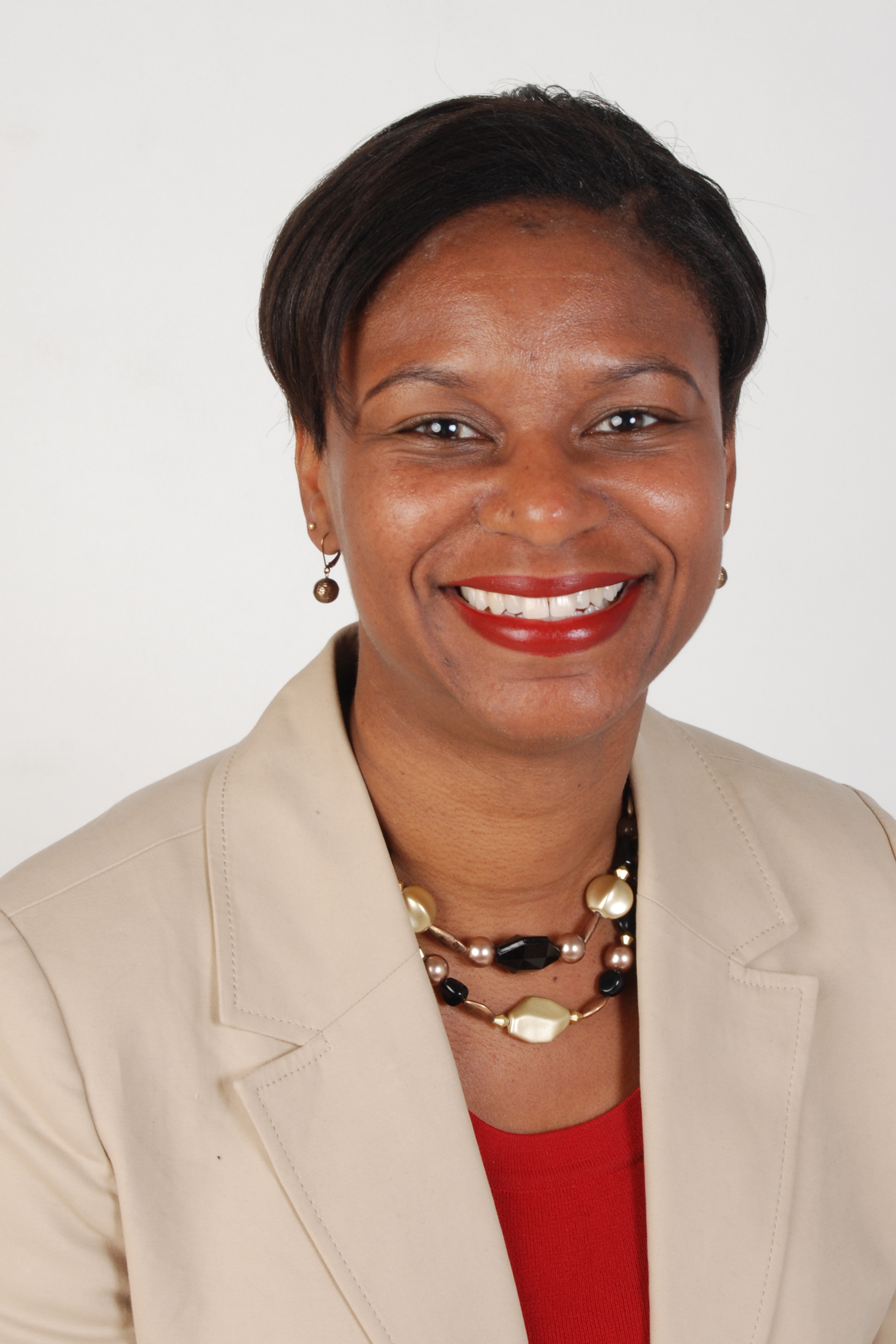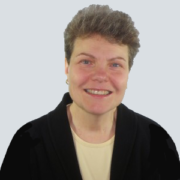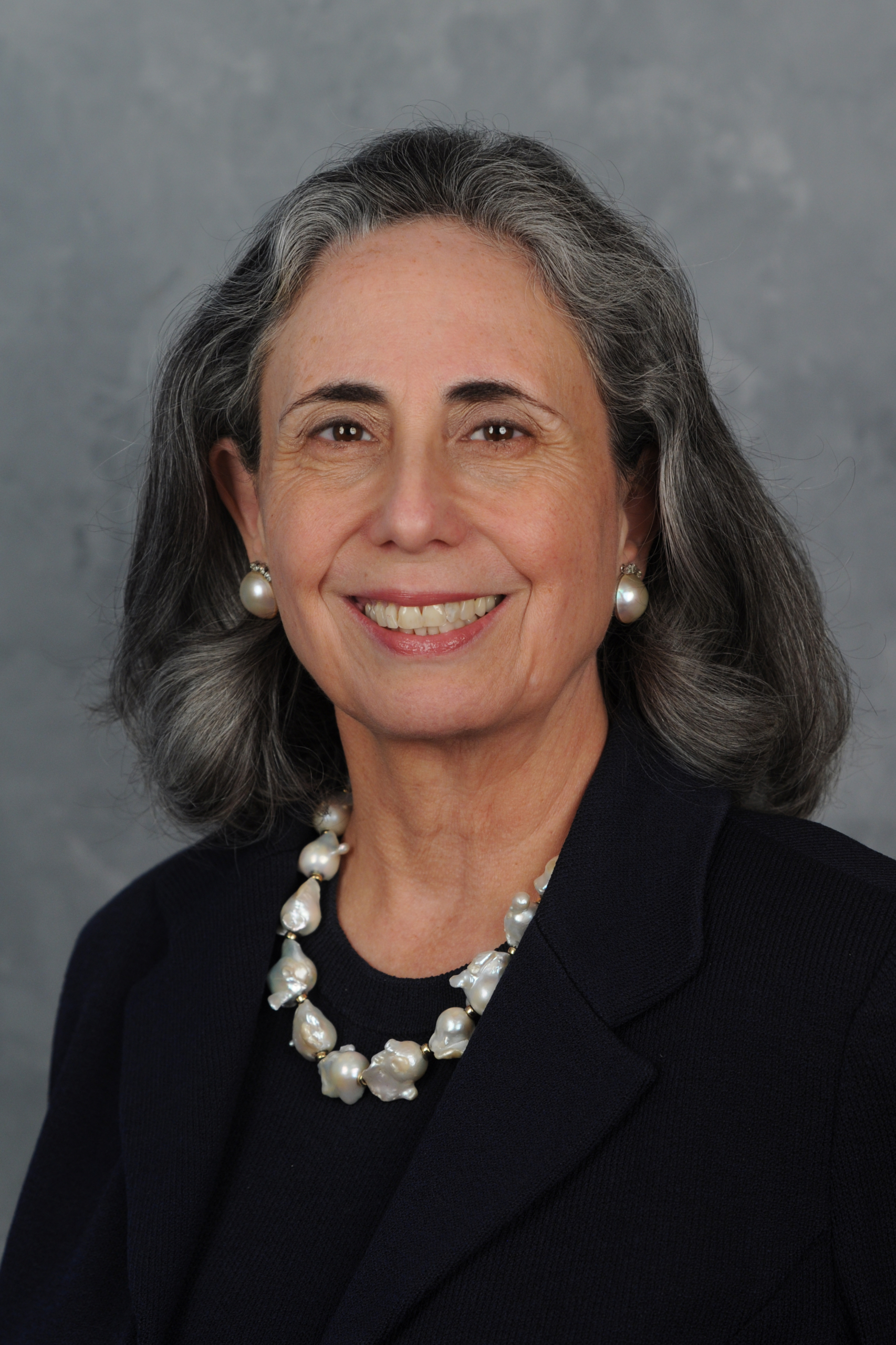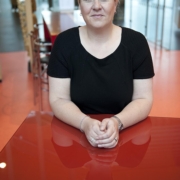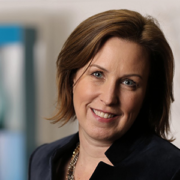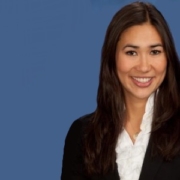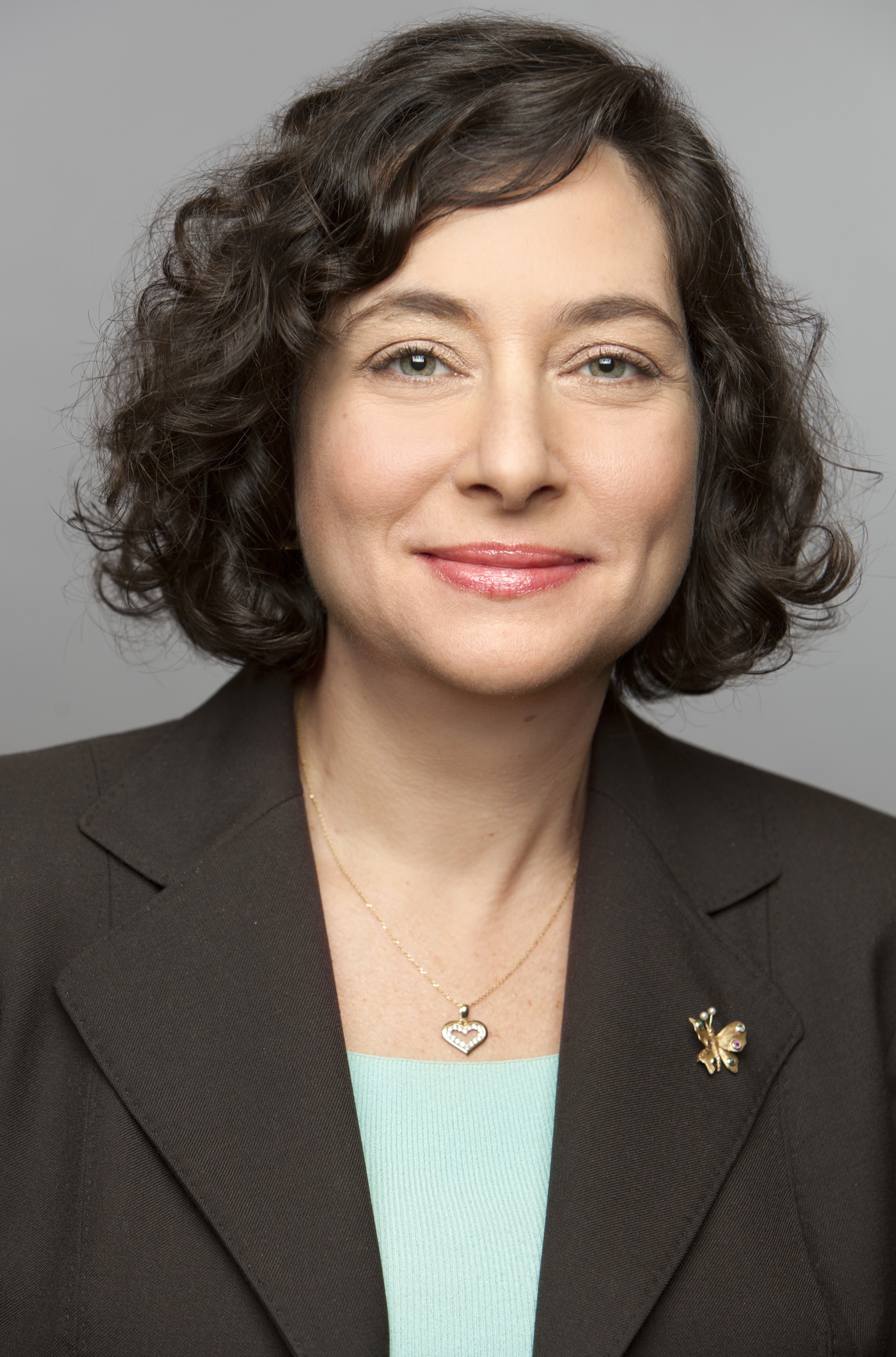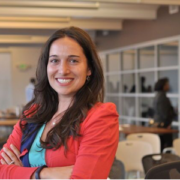Voice of Experience: Kelli P. Washington, Managing Director at Cambridge Associates
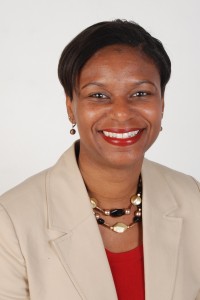 Kelli Washington knows the value of understanding an organization inside and out.
Kelli Washington knows the value of understanding an organization inside and out.
She began her post-undergraduate career in the financial services industry, where she spent 10 years at Edward Jones as a due diligence analyst and portfolio manager. She began in a rotational program that gave her an inside view of departments like operations or marketing, and she knows that background knowledge increased her value to the firm. “I would attend meetings where people wouldn’t know where to find answers, but I became a go-to source since I knew different parts of the organization that others didn’t.”
She knew she wanted to stay in the industry but she also wanted to pursue a career path that was more meaningful, and for her that was the field of education.
“I had been fortunate to receive a college scholarship, but at the time I didn’t understand why I still had to take out loans if the college had such an ample endowment,” she says. “As I learned more about the responsibility of the endowment, I realized that I wanted to put my skills to work as an endowment investment manager.”
The Intersection of Finance and Non-Profits
She pursued her MBA at Yale to move into endowment management and has now been at Cambridge Associates for more than seven years.
When she reflects on her career, she is proud of the dedication it took to earn the designations of both CFA and MBA.
She says earning the CFA was not just challenging, but “often heartbreaking.” When she returned to school for her MBA, she already had a decade of experience, making her relatively older, which she says allowed her to focus on taking not only the classes she needed, but also those that were interesting to her. Her younger classmates who were in school for a career switch had a large number of classes they were obligated to take, where she took advantage of her unique opportunity to take more classes related to non-profits than business.
She has parlayed that expertise into her current role, helping non-profits manage their endowment assets. She’s particularly excited about one client she’s recently started working with, in which the nature of their relationship has allowed her to learn more about their mission.
“I talk with them about investment strategies, but the way they work on an integrated model has allowed me to have more interaction with their board members and their non-investment staff where I can learn more about their great work and programming at a deeper level.”
Her work is a perfect combination of exposure to both traditional finance and the non-profit space.
On the finance front, she says that everyone is acutely aware that many of the changes in the regulatory environment will have unintended consequences, even though many were necessary because of the financial crisis. She cites how the new regulatory environment has changed the landscape of the trading markets. The full impact may not be known until the next market correction.
“When the next bear market occurs, how will the markets behave and will we be in a position where we can create liquidity for our clients?” she asks.
And, on the other side of the coin, she draws from her unique space in the non-profit world to wonder how they can make sufficient money to be able to continue to serve their constituents.
She works with many organizations with deep pockets, but knows there are lots of smaller ones that won’t exist in 10 years because their endowments can’t support their missions and they can’t fundraise sufficiently.
“People can’t donate to all the wonderful groups out there, of course, so they have to choose those most closely aligned with their values. However, it’s a little scary to know that there will be people who will fall through some cracks. For example from a personal viewpoint, I fear that someone might not get the education that I am blessed to have because someone gave money to Washington University.”
Paying Attention
Washington has one lament about her earlier years – she wishes she had paid more attention. “It’s often hard to focus in the moment, but there are times I have an epiphany that I know something — but I didn’t know I knew it. It has helped me become more aware of what I’m working on and how it can help either myself or others down the road.” She advises women starting their careers to learn as much as they can and take advantage of opportunities that present themselves.
During her tenure at Cambridge, Washington has spent time in two of the eight offices, and admires its focus on establishing mentoring programs. When she first started, she had several mentors from whom she could ask questions outside of her immediate team. The firm also matches investment directors and analysts.
“I personally try to informally mentor as many of my analyst partners as I can and spend time with them to ensure they are growing and developing as they need to. Of course, I have a special place for the women since I’ve been there and know what it’s like to be one of the few.”
She believes that the lack of women in the industry is a self-fulfilling process — there aren’t enough women or African Americans to act as mentors and role models. “Young women don’t see other women so they don’t see themselves,” she says, adding that for the past 20 years she has actively been involved in recruiting.
She notes that ample numbers of women will attend an informational session, but the numbers dwindle as they matriculate through the interview process. “I don’t have the solution but I know we all need to do as much as we can to encourage diversity.”
Seeing the World
Outside of the office, Washington loves to travel internationally and and recently completed a 10-day European tour with her parents. She has also earned her scuba diving certification and looks forward to planning a dive trip this year.
By Cathie Ericson

